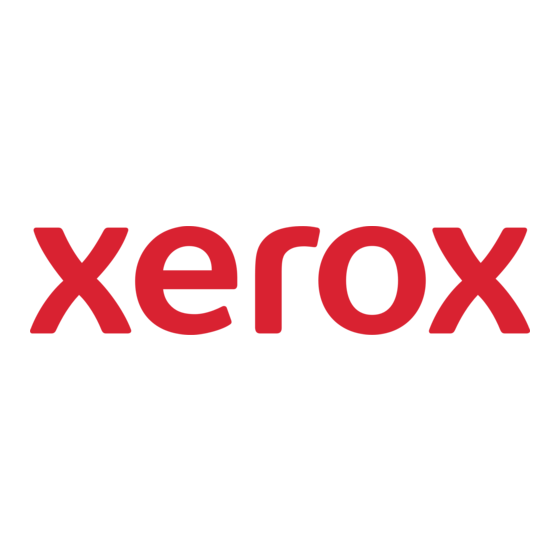Xerox 6180N - Phaser Color Laser Printer Посібник - Сторінка 25
Переглянути онлайн або завантажити pdf Посібник для Сервер друку Xerox 6180N - Phaser Color Laser Printer. Xerox 6180N - Phaser Color Laser Printer 34 сторінки. Color laser printer
Також для Xerox 6180N - Phaser Color Laser Printer: Посібник з монтажу (34 сторінок), Технічна специфікація (2 сторінок), Посібник користувача (32 сторінок), Посібник користувача (28 сторінок), Посібник з інсталяції (2 сторінок), Посібник з безпеки (38 сторінок), Примітка до випуску (2 сторінок), Посібник з інсталяції (2 сторінок), Посібник для початківців (37 сторінок), Посібник (34 сторінок), Посібник для початківців (34 сторінок), Посібник користувача (32 сторінок), Посібник з монтажу та експлуатації (8 сторінок), Посібник для оцінювачів (16 сторінок), Технічні характеристики (4 сторінок)

